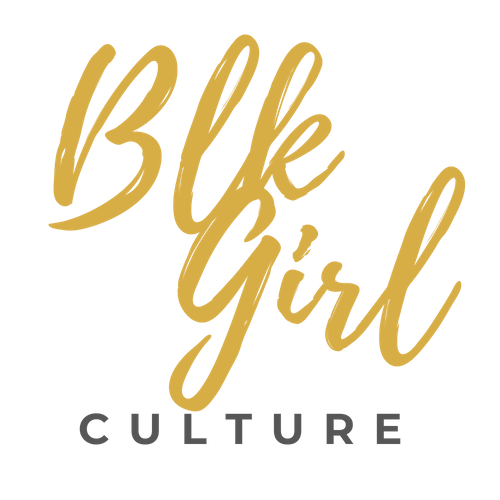B Simone, Pick me-ism, and Internalized Misogynoir
The mainstream comedy industry has a tendency to antagonize women, especially Black women.
In various stand-ups, skits, and impromptu social media rants, Black women are made the butt of the joke. Where we should find solidarity, we often see Black women in comedy internalizing and projecting anti-Black woman sentiment.
Pick me-ism, or performative internalized misogynoir is the cheapest passage into favor within comedic spaces.
A comedian who is “one of the guys” and cracks “jokes” on their fellow Black women, while graveling after Black men or jokingly siding with them during times of folly is a rite of passage into mainstream comedy. This is true of Braelyn Greenfield, professionally known as B. Simone.
After allegedly plagiarizing her “self-care” manual, pedestalizing non-Black Latina women and performatively lusting after rapper Da Baby, Greenfield pulled one more trick out of her bag to regain favor in her following. She added to yet another pointed rant about *Black* women requesting “too much” of their partners.
While the comedian did not explicitly target Black women, her primary audience is Black women and, in the past, she has chastized Black women to uplift colorist, Dani Leigh. It’s safe to say, Greenfield wouldn’t have read a Becky or a Susan about their “unrealistic” standards.
Despite the success of pick me-ism in the past, B. Simone’s rant failed her.
Before this pseudo-spiritual advice for manifesting perfection within ourselves, Greenfield had her own “unrealistic” standards.
In a 2020 post, B. Simone revealed that she would not date a “nine to five” man, stating that she preferred a “boss.” This preference rubbed many of her male followers the wrong way, and every Twitter scenario and podcast has been oversaturated with her preference since.
Her male viewers paid her little attention, but her female following was not receptive to her rant. Of course, wanting an equally yoked partner is not an issue, but the pointed ranting has to stop.
Black women are constantly barked at by Black men and women alike for trivial things. Black women can’t come onto a platform to speak on their plight, trauma, preferences, standards, accomplishments, or even the light-hearted anecdotes of their day without being problematized.
Our hair is too nappy. Our standards are too high. Our bodies aren’t as nice as this group of women. We’re not nice enough to be protected. We’re not pretty enough to find love. We’re too this and never enough of that.
We understand that social media is a competitive industry, but we are not your comeback. If you rubbed people the wrong way because of your preference maybe don’t get back into their good graces by coming at your fellow sisters.
To the visible Black women in comedy, acting, music, or modeling, I am proud of your accomplishments, but understand that you aren’t excused in your internalized misogyny.
I know that you want to be accepted, but if that acceptance is garnered by throwing your fellow Black woman under the bus, then it's not worth it.
As you navigate your industry, it is crucial that you don’t forget that you are a Black woman. You have a responsibility to not be an echo chamber for vitriol against Black women or build a minstrel platform at the ex
pense of Black women.
Having short hair shouldn’t be the punchline. Being inferior to non-Black women shouldn’t be the skit. Mocking abuse victims and deifying abusers shouldn’t be the stand-up.


